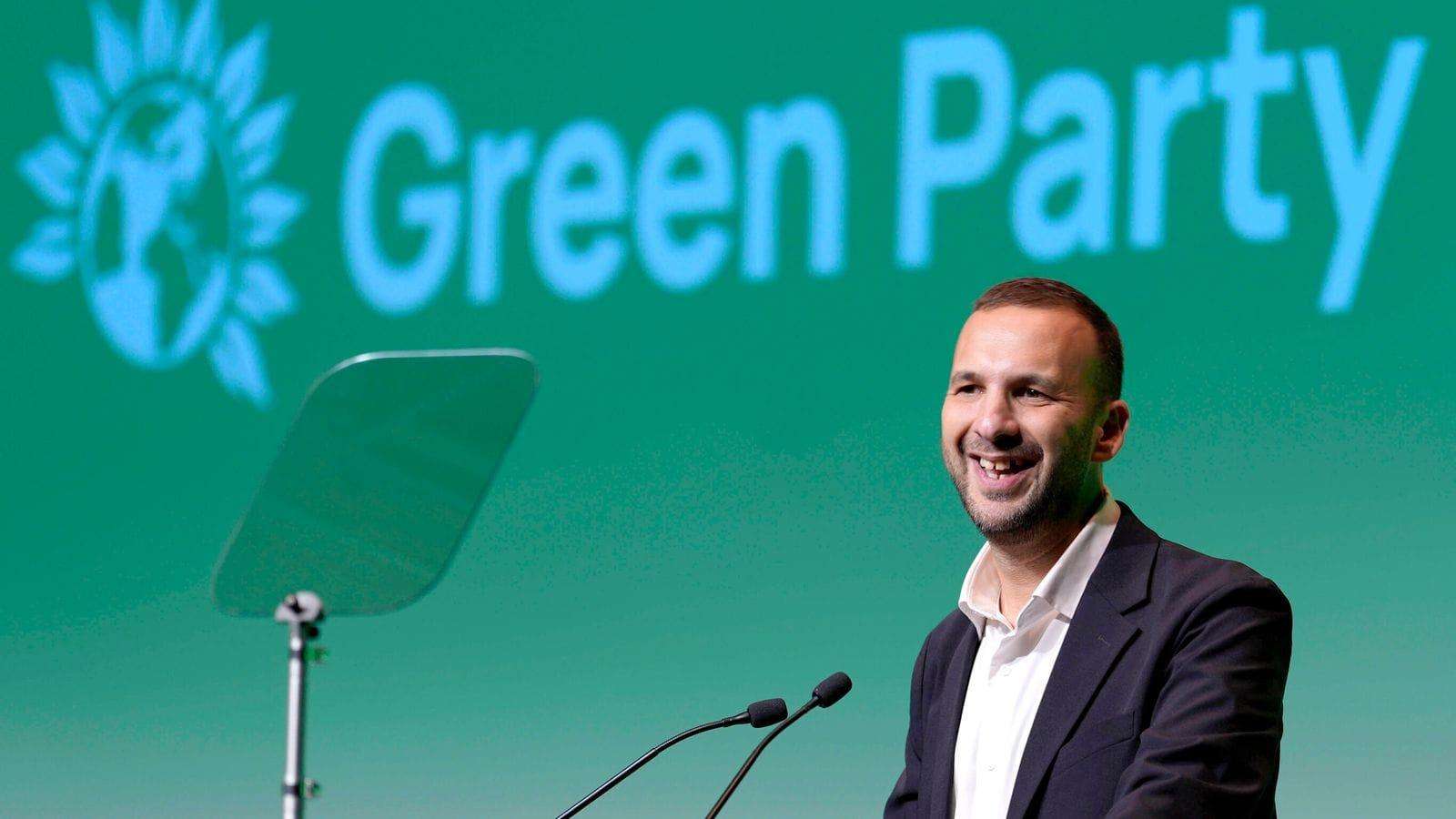The UK political landscape has seen a significant shift this weekend, with the Green Party confirming it has overtaken the Liberal Democrats to become the fourth-largest political party in the UK by membership. Deputy Leader Rachel Millward announced at the annual conference in Bournemouth that the party's membership now stands at over 83,500, narrowly exceeding the Liberal Democrats' most recent official figure of 83,174.
This extraordinary surge, which has seen the Green Party's membership rise by approximately 20% in recent months, is largely attributed to the election of new leader Zack Polanski. Mr. Polanski, who is not an MP, ran on an "eco-populism" platform, a strategy that appears to be resonating with an electorate disillusioned with the mainstream.
A New Political Order by Membership
While the Green Party still lags significantly in parliamentary representation with just four MPs compared to the Liberal Democrats' 72, the membership figure is a powerful indicator of grassroots energy and fundraising potential. The ranking of the UK's largest parties by membership now stands as: Labour (\sim 309,000), Reform UK (\sim 250,000), Conservative Party (\sim 123,000), and now the Green Party.
Future of UK Political Parties and Leadership
The Green Party's rise is part of a wider, volatile, and multi-party shift in UK politics:
- Reform UK's Phenomenon: The most striking parallel to the Green surge is the massive growth of Reform UK, which is now the second-largest party by membership with approximately \mathbf{250,000} members, a number that is rapidly closing the gap on the governing Labour Party. Reform's leader, Nigel Farage, holds favourability ratings that are significantly better than those of the Prime Minister, Keir Starmer, and Opposition Leader, Kemi Badenoch. Reform's momentum suggests a significant disruption to the next general election, with some models even projecting a Reform government.
- The Labour Government's Challenge: The new Labour Government, despite its large majority, is facing a tumultuous \text{2025} which is being described as a "make-or-break year." Prime Minister Starmer has seen his party's polling drop by over 14 percentage points in the first year of his government—the worst slump for a new government since \text{1983}. The pressure is coming from two flanks: the hard-right challenge from Reform UK and an increasingly vocal challenge from the left by the Green Party. Mr. Polanski, in his conference speech, directly attacked Mr. Starmer's government, claiming that its policies of "managed decline" would "hand this country on a plate to the dark forces around Nigel Farage."
- The Conservative Conundrum: The Conservative Party, led by Kemi Badenoch, is undergoing a profound identity crisis. The party's membership stands at around \mathbf{123,000}, the lowest of the top three traditional parties. Rising internal stars like Shadow Home Office Minister Katie Lam are increasingly adopting hard-line positions on immigration in a bid to counter Reform UK, a strategy a Liberal Democrat source has dismissed as a "Nigel Farage tribute act." This internal struggle reflects a decisive shift to the right, which could further alienate traditional 'blue wall' voters, making seats vulnerable to the Lib Dems.
- Polanski's Bold Platform: Zack Polanski's leadership heralds a more aggressive, explicitly left-wing and 'eco-populist' direction for the Greens. Beyond core environmental policies, his platform focuses on "ending rip off Britain" through a wealth tax on the assets of the wealthiest 1% and radical housing policies, including a proposal to "seek the effective abolition of private landlordism" via rent controls and empowering councils to buy up properties. He has also stated that if the Greens were to hold the balance of power after a future election, his non-negotiables would be a wealth tax, decisive climate action, and proportional representation (PR). This positions the Greens for a direct ideological confrontation with Labour, aiming to capture voters frustrated by the government's perceived lack of radicalism.
In an era of political fluidity and low favourability ratings for the two largest parties, the growing membership of smaller, more ideologically distinct parties like the Greens and Reform UK suggests a deep fracturing of the UK's traditional political alignments, foreshadowing a far more complex and unpredictable political future.
_3.jpg)
_4.jpg)





.svg)
